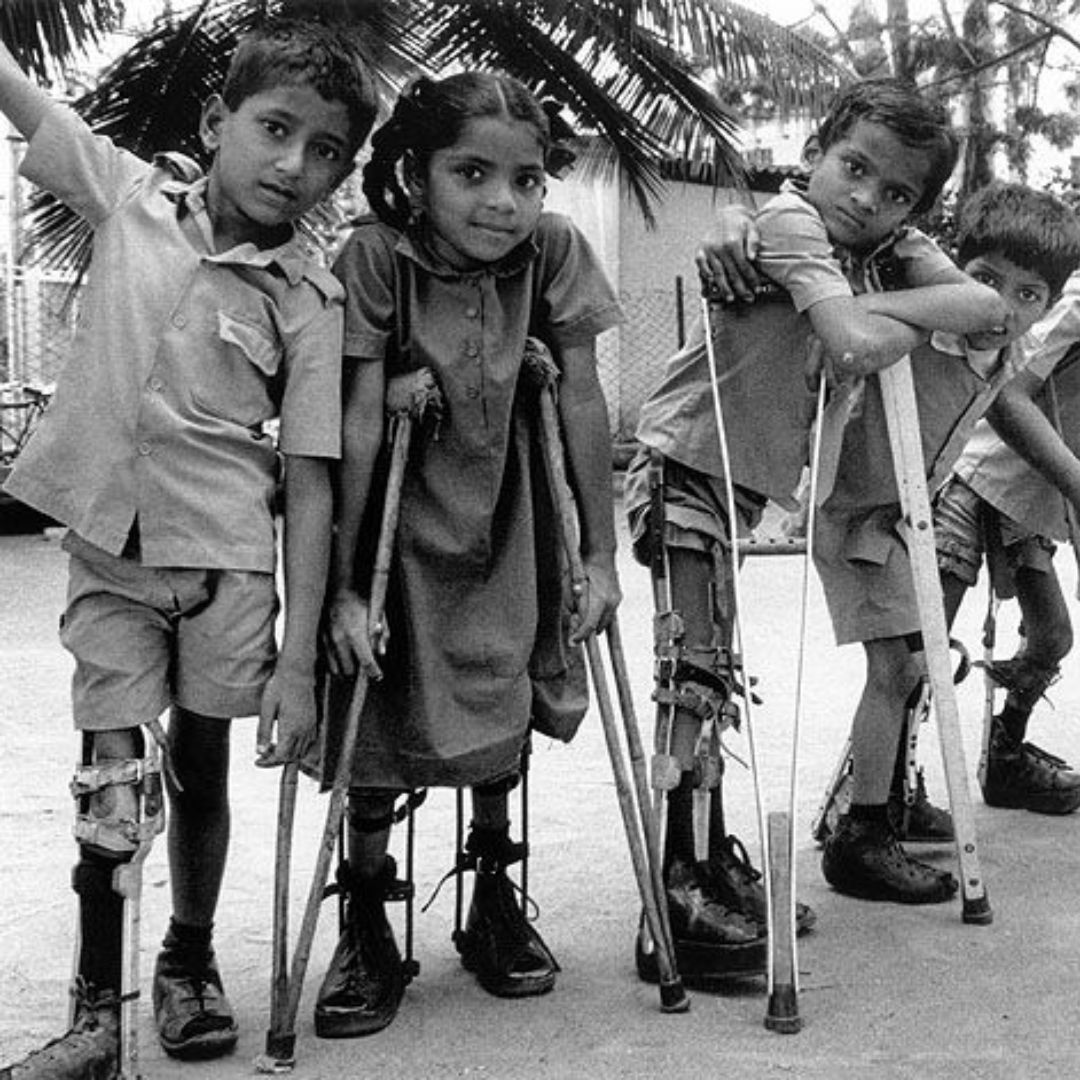
Image Credit- Polio Eradication
Pandemic Disruptions Lead To Halt In Polio Vaccination Campaign, UNICEF Warns 'Not A Disease Of Past'
Writer: Apoorva Chakrayat
She is a mass communication undergrad student at Makhanlal Chaturvedi National University of Journalism and Communication.
Others/World, 25 Oct 2022 5:30 AM GMT | Updated 25 Oct 2022 5:35 AM GMT
Editor : Shiva Chaudhary |
A post-graduate in Journalism and Mass Communication with relevant skills, specialising in content editing & writing. I believe in the precise dissemination of information based on facts to the public.
Creatives : Shiva Chaudhary
A post-graduate in Journalism and Mass Communication with relevant skills, specialising in content editing & writing. I believe in the precise dissemination of information based on facts to the public.
Inadequate immunisation coverage during the pandemic resulted in polio outbreaks in Ukraine and Tajikistan. Governments were urged to extend social support programs to all needy families with children, including those who were refugees.
Polio is not just a disease that we read about in history books but an actual illness that still exists today, despite the number of cases that have declined since 1988. Recently, the pandemic disruptions led to a significant polio outbreak in Ukraine and Tajikistan.
The poliovirus is easily imported into polio-free nations and spreads quickly among unimmunised populations. The number of new polio cases within ten years might reach 2 lakh annually if the disease is not eradicated. It is a disease that cannot be cured and can only be prevented.
'Not A Disease Of The Past': UNICEF
UNICEF Europe C Asia stated that polio is not a disease of the past as it made a comeback in Ukraine and Tajikistan due to halted Vaccination Campaign.
For the first time in decades, Tajikistan witnessed a significant decline in the number of children receiving routine immunisations. This decline is attributed to pandemic interference, but other factors at work, such as conflict, displacement, and rising vaccine misinformation. The results of this worldwide backslide could be severe.
Ahead of #WorldPolioDay, we remind that polio is not a disease of the past. Immunization disruptions during the pandemic have led to outbreaks in several countries, including in Ukraine & Tajikistan.
— UNICEF Europe C.Asia (@UNICEF_ECA) October 23, 2022
UNICEF supports these countries by delivering millions of polio vaccine doses. pic.twitter.com/RTtNfhdUMh
While in Ukraine, the COVID-19 outbreak and the war in eastern Ukraine have made things worse. The Ministry of Health declared a "biological emergency on a regional scale" after 19 confirmed instances of paralytic polio since January 2022 in western Ukraine.
UNICEF and the relevant healthcare organisations are currently making significant efforts to stop the spread of the wild poliovirus. Healthcare services are concentrating on preventing the spread of viruses through coordinated efforts at domestic and international borders and developing high-quality immunisation programs to achieve this goal.
How COVID-19 Disrupted Polio?
Amid the COVID-19 outbreak, it was simple to overlook the existence of additional viruses that might cause life-threatening sickness. The poliovirus is one such virus that has been affecting people's lives globally since the Egyptian era.
Both polio and coronavirus are highly contagious, and while different steps are used to prevent the spread of each, immunisation is the same for both.
During the COVID pandemic, polio eradication campaigns have proven less feasible, increasing polio cases in several countries. Healthcare systems and socio-economic frameworks were incapable of dealing with two deadly viruses simultaneously. Effective actions were therefore needed to combat the destruction caused by the spread of the poliovirus.
As a partner of the Global Polio Eradication Initiative (GPEI), UNICEF responded quickly. Along with collaborating with the government, 4.6 million doses of the oral polio vaccine were sent to the impacted nations. A mass immunisation drive was also started, and approximately 1.4 million children have benefited from the initiative.
Also Read: Meet Padwoman Of Tamil Nadu, Who Makes Eco-Friendly And Affordable Sanitary Napkins
 All section
All section













